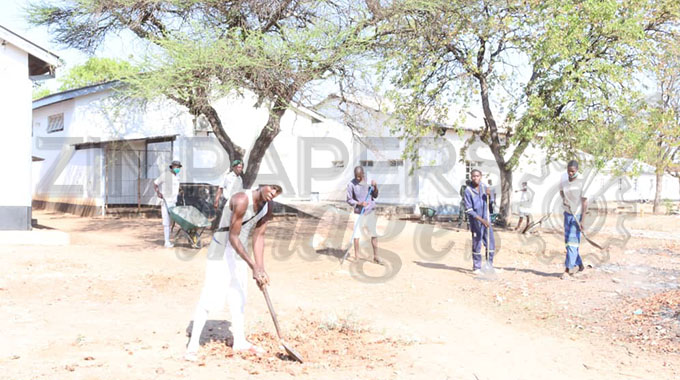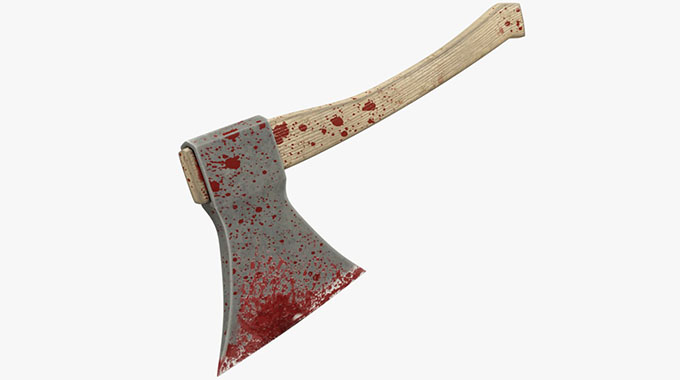The Namib Race: A personal experience

Mabasa Mubatapasango
We arrived at Camp One on October 22, 2021, where we were basically getting to know each other. 48 countries were being represented and I was proud to represent Zimbabwe and Africa.
The mood was relaxed, we were just sharing stories and it was nice to learn about other cultures. More and more athletes kept arriving as their flights had been delayed. We were allocated tents and I shared my tent with Ayel from Israel and Ahmed from Dubai.
The next day saw us partaking in a long race briefing where the race director Samantha Fanshawe officially welcomed us and read out the race plan for the week including the rules. We then moved to Hear Check, a process to check if each competitor has the required mandatory gear. All in all my bag weighed in at 11.5kgs.

Stage One
We started the race at 8 am on October 24, the weather was cool and the first phase into the desert was a muddy river bed that changed to super soft sand. The temperatures rose quickly and by the time we were halfway into the 40km, it was already 40 degrees Celcius.
The terrain that followed had lots of uphills that made it impossible to sprint. I eventually made it to the second camp in 5 hours 29 minutes which became my base time and I was 9th to arrive.
Stage Two
The second stage was all uphill with the first phase being hills. The views were spectacular and you would mistake them for the moon’s landscape hence the name Moon Valley.
By now, I was used to the backpack and made it to Camp Three in 8th place in 5 hours 15 minutes.
Stage Three
This was the stage that broke me. The temperatures were around 45 degrees Celcius, the backpack became heavier and the sand was just too hot. I was by myself most of the way and drank fluids every other minute and refilled at each checkpoint.
From the sands, came navigating through Rock cracks before the hills started again. By the time I reached the last checkpoint my legs were giving in. 12km of the next sand uphills needed me to use my trekking poles and I eventually arrived in over 8 hours for the 45km.

Stage Four
I needed to mount a comeback and I made it a point that it had to be Stage Four. I went pretty fast and got to camp 5 in 4 hours 55 minutes.
Stage Five
This was the longest of them all. We covered 70km.
Stage Six
This was a sprint to the finishing line through the heavy dunes and we call it a victory lap because it’s under 10km. I was number 8 overall.
It was life-changing to complete the 250km in the harshest desert and I wore the special medal with pride. Looking at my journey and how it has inspired many it was emotional for me to hear my name being called to receive the spirit award.
Racing the planet is a unique and special race that I would recommend to anyone who is willing to find a new challenge, push the limits or connect with their partner. My next goal is to do the remaining 3 races Atacama, Gobi and Antarctica.

I would like to also invite willing companies to partner with me and change many stories together.
The Namib race which is part of the 4 Deserts series. What started for me as a weight loss exercise, after having survived a life sleep apnea experience that almost took my life led me to this amazing race.
The 4 Deserts Ultramarathon Series is widely recognized as the most prestigious outdoor footrace series in the world. The series consists of the Namib Race (Namibia), the Gobi March (Mongolia), the Atacama Crossing (Chile) and The Last Desert (Antarctica).
Competitors in the races traverse 250 kilometers (155 miles) in seven days over rough country terrain with only a place in a tent and water provided. They are supported by highly qualified staff, all with experience in hiking, marathons and ultramarathons, and medical teams specializing in wilderness medicine.
Only four individuals holding Zimbabwe nationality have successfully completed races. No one holding Zimbabwe nationality has completed all four deserts, although one person has completed three, and is missing the Gobi March.










Comments